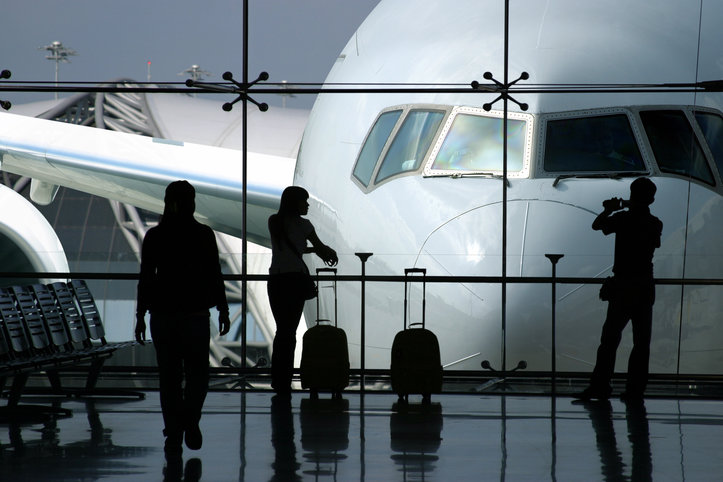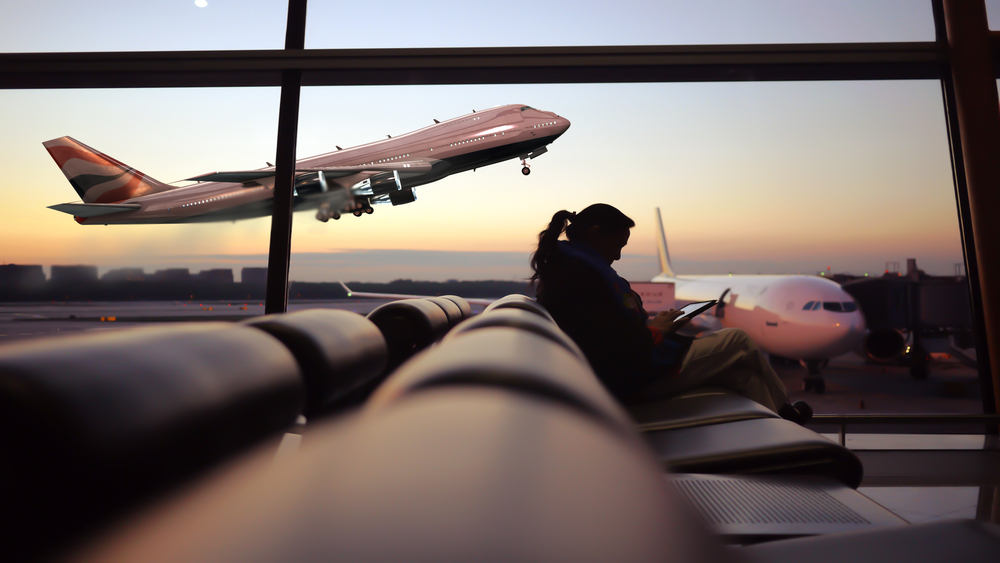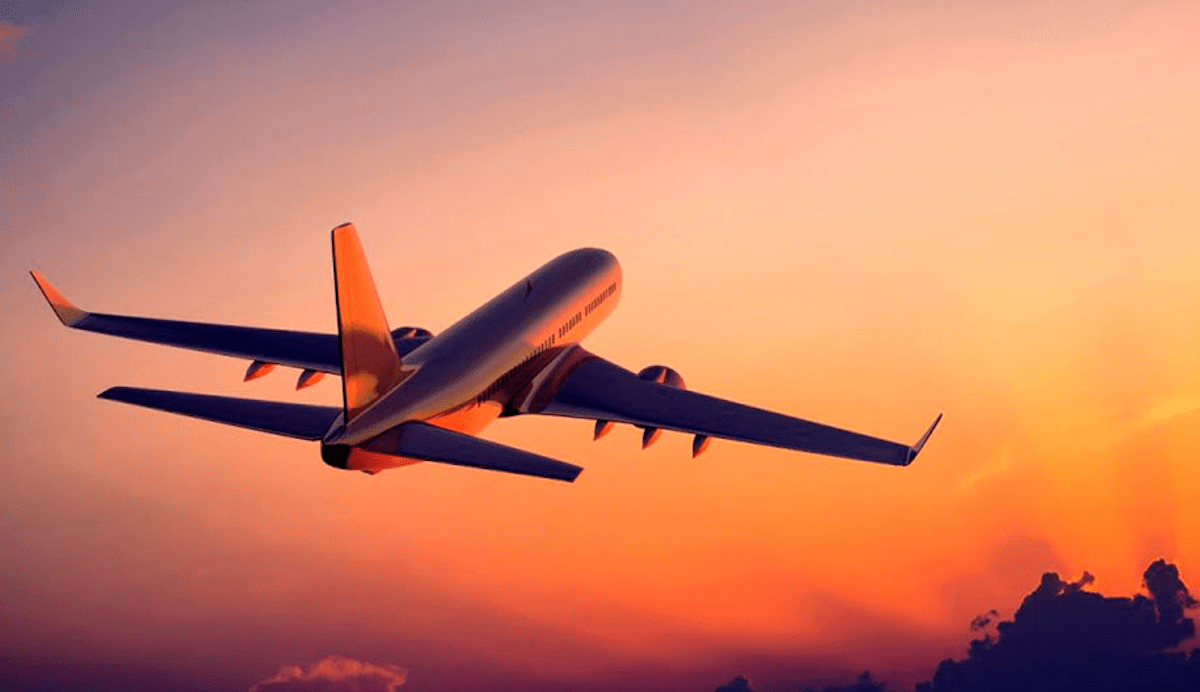
Waiting For The Flight
Usually an airline will inform you ahead of time that your flight has been cancelled, but you should always start checking your flight’s status starting from 24 hours before your flight. Often you’ll also find out about any delays this way too.
If your flight does end up getting cancelled, many times your airline will automatically rebook you on the next available flight. If this flight doesn’t work for you, you can usually contact the airline and they will provide you with the option of getting a full refund for your flight (or you can opt for credit to use for a future flight) or you can alternatively select a different flight that does work for your schedule.
If you find out about your canceled flight while already at the airport, you could go to the help desk, but it might be flooded with a lot of other confused travelers. Instead, Scott Keyes, founder of Scott’s Cheap Flights, has some advice for you.
Keyes suggests: “Stand in line and pull out your phone. Gate agents aren’t the only ones who can help re-accommodate you — phone agents can as well. Don’t put all your eggs in one basket; you may get through to an agent on the phone before you reach the front of the line at the airport.”
Also, make sure you don’t forget about your checked luggage. Make sure you contact an airline representative to find out how you can get your luggage back.

Airlines Will Typically Automatically Reschedule You On The Next Available Flight
When it comes to rebooking, Keyes says: “The easiest way to get in touch with an airline quickly is to call their international phone lines. Take American Airlines. They don’t just have their main US hotline; they’ve got hotlines in Mexico and the United Kingdom and Australia and dozens more. While 99% of US passengers call the main US hotline and endure long waits, you’ll typically get right through at a foreign office, and agents there can handle your reservation just the same.”
Keyes continued: “In extenuating circumstances, airlines will rebook you on a different carrier. It’s not common, but in some cases — like, say, it’s the last flight of the day and you’d otherwise have to stay overnight in the connecting city — airlines will do it with a carrier they have an Interline Agreement with. Full-service US airlines have these interline agreements with one another, but budget airlines rarely do. The lack of interline agreements is the primary reason I tend to avoid budget airlines when possible.”
If you just want to get you money back, “Under federal law, if an airline cancels or significantly changes your flight, you’re entitled to a full cash refund. Period,” Keyes confirms.
He continued: “[It] doesn’t matter if it was a non-refundable ticket. Doesn’t matter if the cause was bad weather or a global pandemic. You’re entitled to a cash refund if you no longer wish to travel; you don’t have to take a flight credit or travel voucher.”
While it’s impossible to know if your flight will or will not be cancelled, Keyes suggests booking an earlier flight rather than later. He explained: “The earlier your flight, the better your odds. That’s because weather is generally better in the morning, and also because the plane is usually already at the airport, rather than arriving from elsewhere, and thus at risk if that inbound flight were to get canceled.”

You Are Always Entitled To Get Your Money Back From A Cancelled Flight








